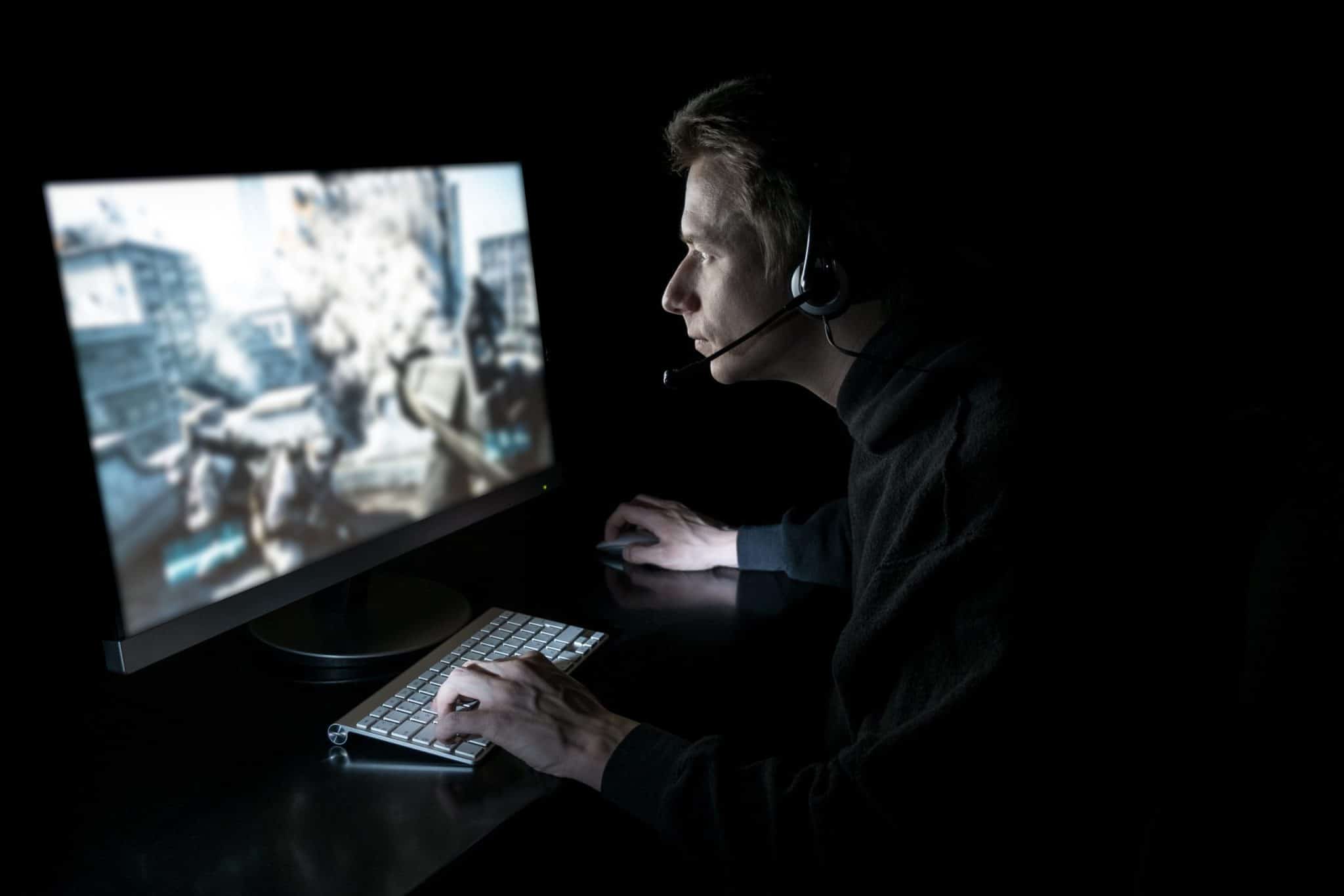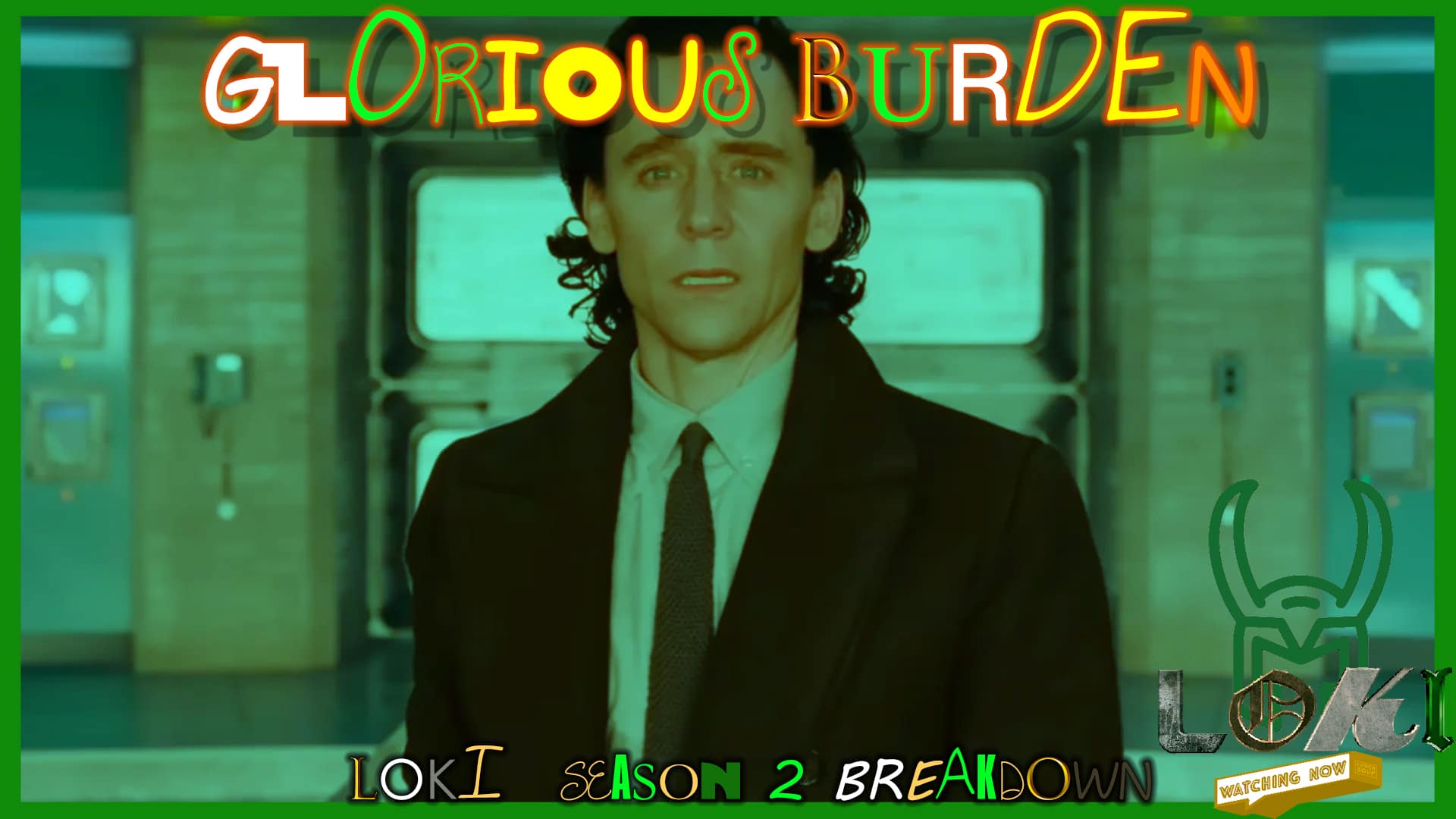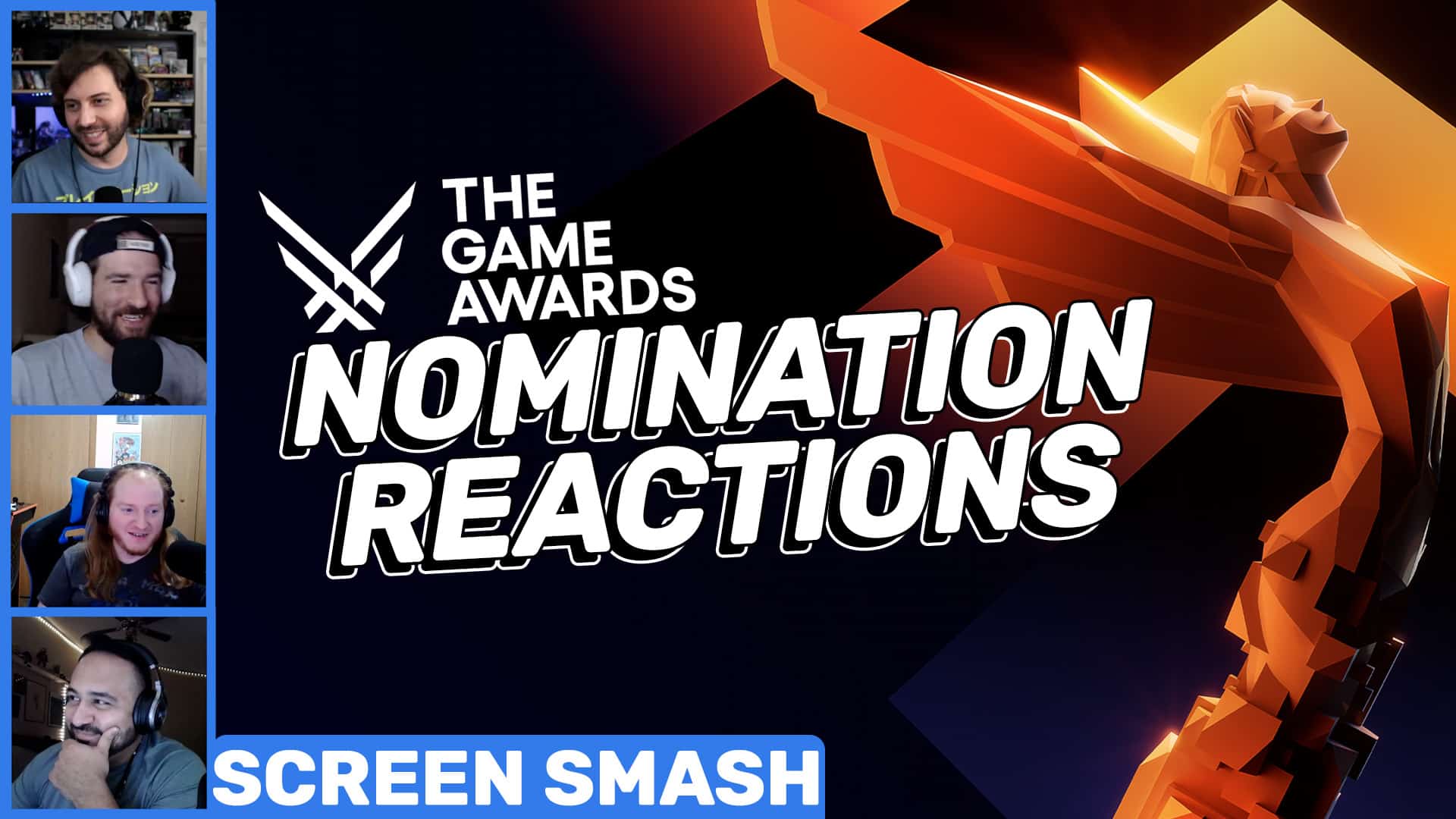
I like video games.
That shouldn’t be a shocking statement if you’ve read the other articles I have on the site. I even dedicated an entire article just to talking about old Adobe flash games that I played as a child. I also like movies, and my blog on my website *shameless plug* covers movies quite a bit.
Naturally, this predisposed me to watch a whole bunch of video game movies over the years. The many films came rushing back to me as I watched the latest trailer for the new Mortal Kombat movie, and this question kept coming back to me:
Are we ever gonna see a good video game movie?
Sure, we’ve had enjoyable video game movies—your Sonic The Hedgehogs, Lara Crofts, Mortal Kombat, if you will. And there are films and games that pair together to tell a bigger story. But there’s also been the god awful—Street Fighter, Super Mario Bros., and Mortal Kombat: Annihilation to name a few. None of these have been good in my view. The highest I’d rate them would be a below-average or average grade.
All of this kept running through my head as I was watching the trailer, and my excitement for the movie started to slowly leak out of my body the more I watched. I realized I’d been here before, excited to watch the latest video game movie thinking ‘this’ll be the one’, only for it to turn out like it always does: hollow and disappointing. I asked myself why this is the case, and I reckon I’ve got a pretty good idea why.
You can’t play a movie.
I mean, of course, you can’t play a movie, but that’s beside the point.
The interaction audiences have with movies and video games is quite different. Movies are mostly passive unless you decide to pass the TV remote between your mates. In contrast, video games are generally one of the most audience-interactive modes of entertainment we have.

It would make sense that when you watch the Tomb Raider movies, you’re reminded of all the action set pieces you’ve played through. You’re inevitably going to compare them to the scenes in the movie. Thus, most of the time you’ve either seen it before and played it in the game or it’s just not as exciting as the game.
This interactivity also allows video games to connect with audiences in a completely different way compared to a movie’s passive nature. The best way to explain this would be by using an example. Let’s just pick a random game as an example…
Ah yes, Yager Development’s 2011 underrated gem Spec Ops: The Line, that’ll do nicely. (This choice isn’t surprising for those that know me considering I recommend this game to everyone any chance I get.) Spec Ops is a great example of how video games’ stories are inherently unique to the medium.
For the purposes of this post, I’m only going to be looking at the game’s story because the gameplay isn’t anything to write home about, and that’s not what I’m talking about today.
In Spec Ops, you follow Captain Martin Walker as he and his fireteam of Delta operators travel through a sandstorm-ravaged Dubai. They’re searching for a way out of the city when they discover survivors of the storm and are fired upon. This inciting incident leads Walker and his team along an inexorable path in a downward spiral as they delve deeper and deeper into the city. This concludes in a hideous maelstrom of violence and death as the player’s control over Walker is called into question. Players becoming unwitting passengers as the war crimes start piling up.

At this point, I’m going to be talking spoilers for the game, and there are also some images that some of you may find distressing.
The best example of this is towards the end of the story when any semblance of buddy-buddy warfare has crumbled along with the squad’s mental state. Your squad member Lugo was hanged by civilians in a refugee camp. Walker and Adams are surrounded by the civilians, and the player can choose to fire into the air to scare off the civilians or gun them down without mercy. This choice may not look like much, but if we were a passive observer (like with a movie), we can’t know what kind of options Walker has. This would stop us from being able to analyze his actions with as much depth as we can as the interactive player.

However, this control being taken away from us in-game is also a way games can affect us on a much deeper level than movies can. Going back to Spec Ops, specifically the white phosphorus scene, Walker and the player encounter heavy enemy resistance outside The Nest. At this point in the game, the mission for Walker has morphed from fleeing Dubai to rescuing civilians held past The Nest. The team knows that they can’t win a straight firefight against that, and we learn that a mortar is nearby loaded with white phosphorus.
White phosphorus is a horrible chemical that does horrible, unspeakable things to humans when they come into contact with it. I’m not going to list them here; you can look that up in your own time if you so wish. Using the chemical is also a war crime in certain situations. Lugo even states that the team knows what the chemical does and is reluctant to use the weapon, bordering on being insubordinate. He even flat-out states that there’s always a choice, to which Walker replies, “There’s really not.”
We’ve already experienced these movies… every time we pick up the controller.
This entire dialogue is played out in cutscene, a passive movie-watching experience that cuts away from your interactive gameplay. You can’t stop it. You can’t try and rationalize another way out of the situation. All you can do is watch as Walker commands his squad to set up the mortar and fire on the enemy encampment. However, the game drops back out of the cutscene with you looking upon the battlefield through the targeting system of the mortar, unable to stop until you have killed every last one of the enemies.
Except that not every person at The Nest was an enemy.

Right at the end of the set-piece, you fire upon a huge mass of people that you believe are enemy combatants. After you walk your team through the scorched earth that you created, watching soldiers try to escape their fates, their screams assaulting you, you’re greeted with a terrible sight—civilians that you had set out to save, their bodies burnt and hollowed out by the white phosphorus.
It’s easily one of the most horrific acts Walker commits in the entire game.
But he wasn’t the one pushing the button and giving the commands.
That honor goes to the same person you see when you look at your screen right now.
That person is you.
That scene, more than any other in the game, shows how games draw the player in and can put them in the character’s headspace so easily. Movies just can’t get close to that experience.
That’s why I don’t think we’re ever going to get a good video game movie. Because we’ve already experienced these movies… every time we pick up the controller.
Do you have a favorite video game movie? What movie game franchise do you want to see on the big screen next? Let me know down below.
Author’s Note:
This post delved into some pretty dark subject matter. If that’s dredged up some stuff for you on a personal level, know there are always people on hand to help you through it.
All around the globe, there are countless organisations there to help you through any tough times you may be having. You can link here to search for a mental health organisation in your country.
Stay safe and I’ll catch you all next time. -Rohan


